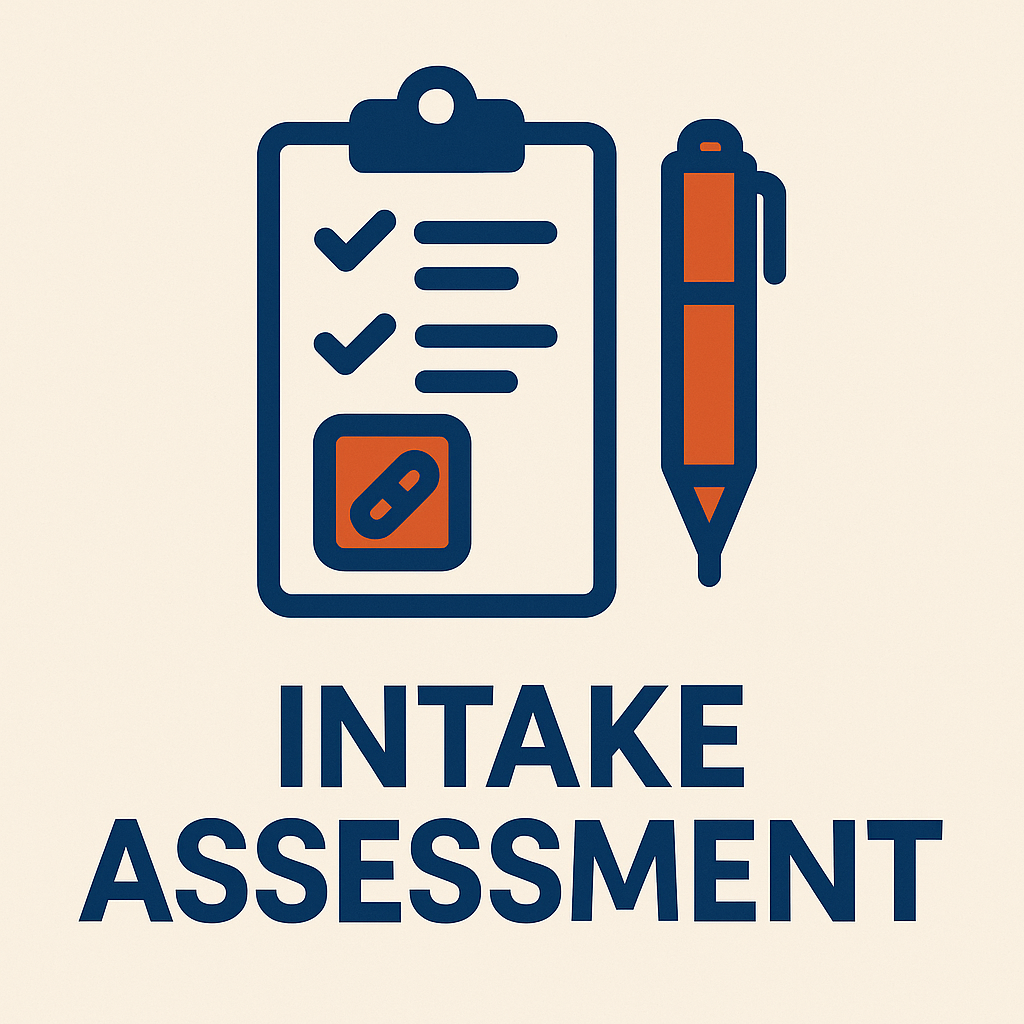Last Updated on August 8, 2025
What to Expect During Intake & Assessment in Addiction Treatment
When someone takes the first step toward recovery from drug or alcohol addiction, their journey begins with a crucial process known as intake and assessment. This initial evaluation sets the stage for a personalized and effective treatment experience. At Nova Recovery Center, we understand that no two people struggle with addiction in the same way, which is why our approach to intake is detailed, compassionate, and focused on the whole person—not just the addiction.
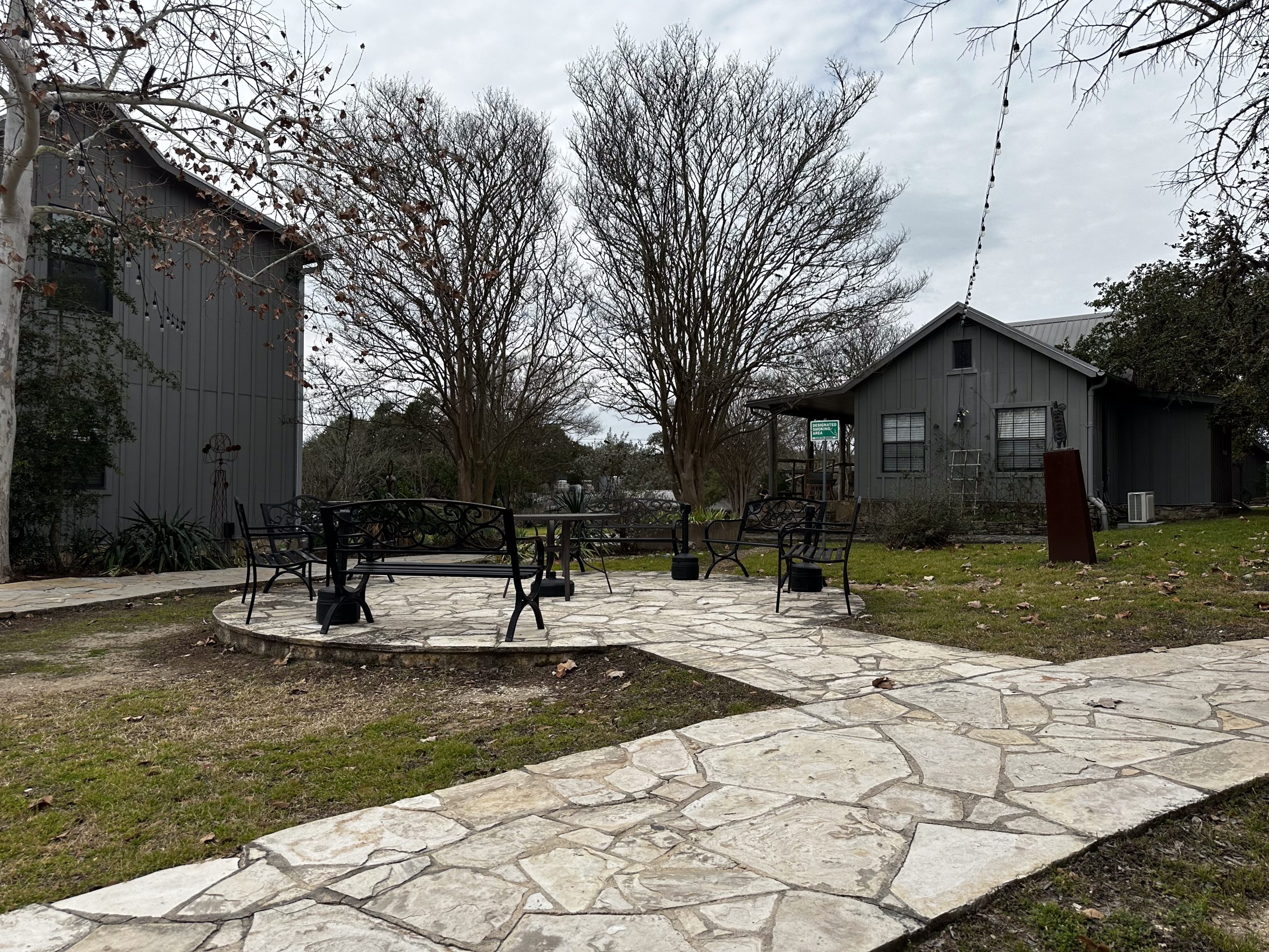

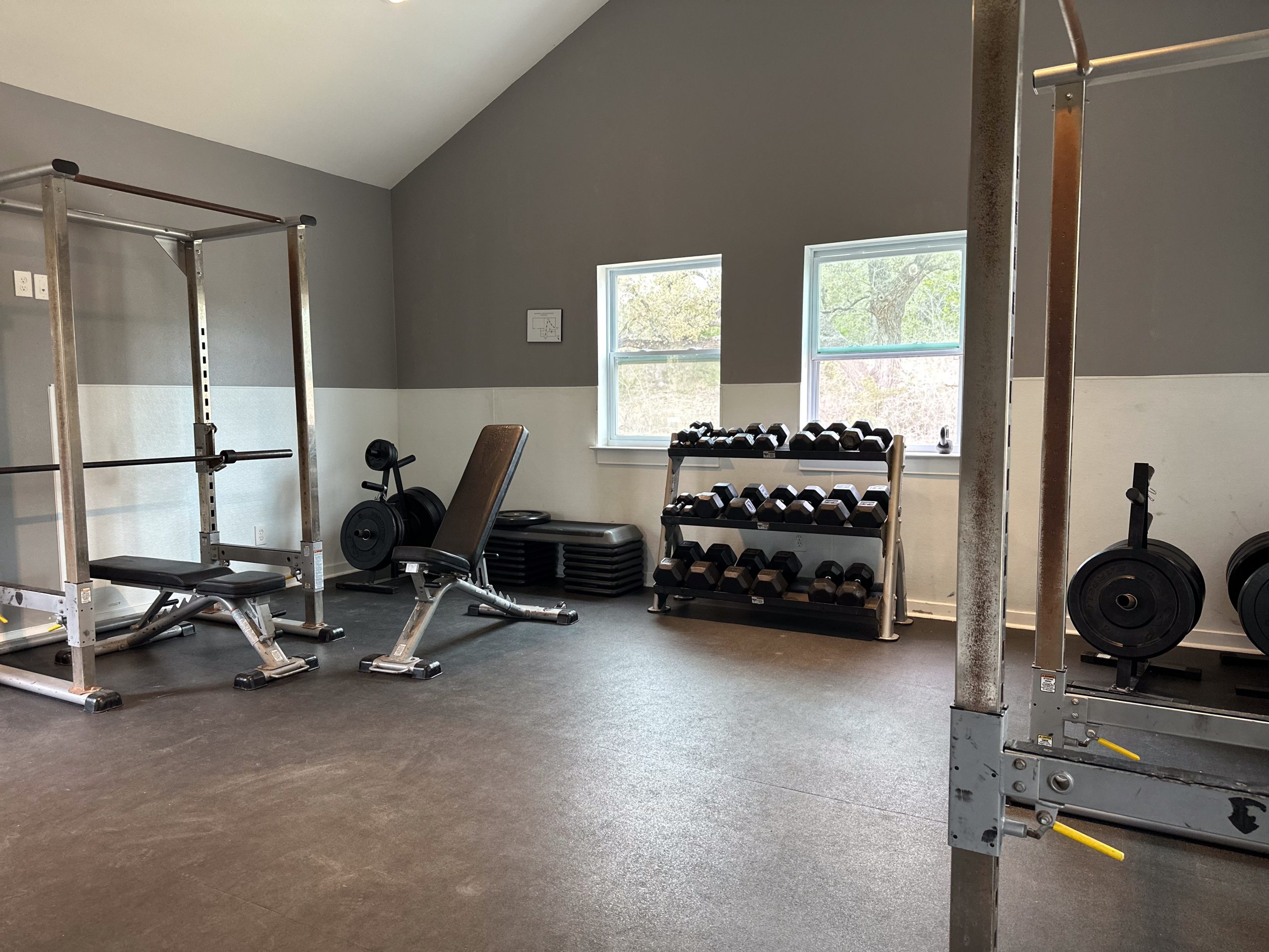



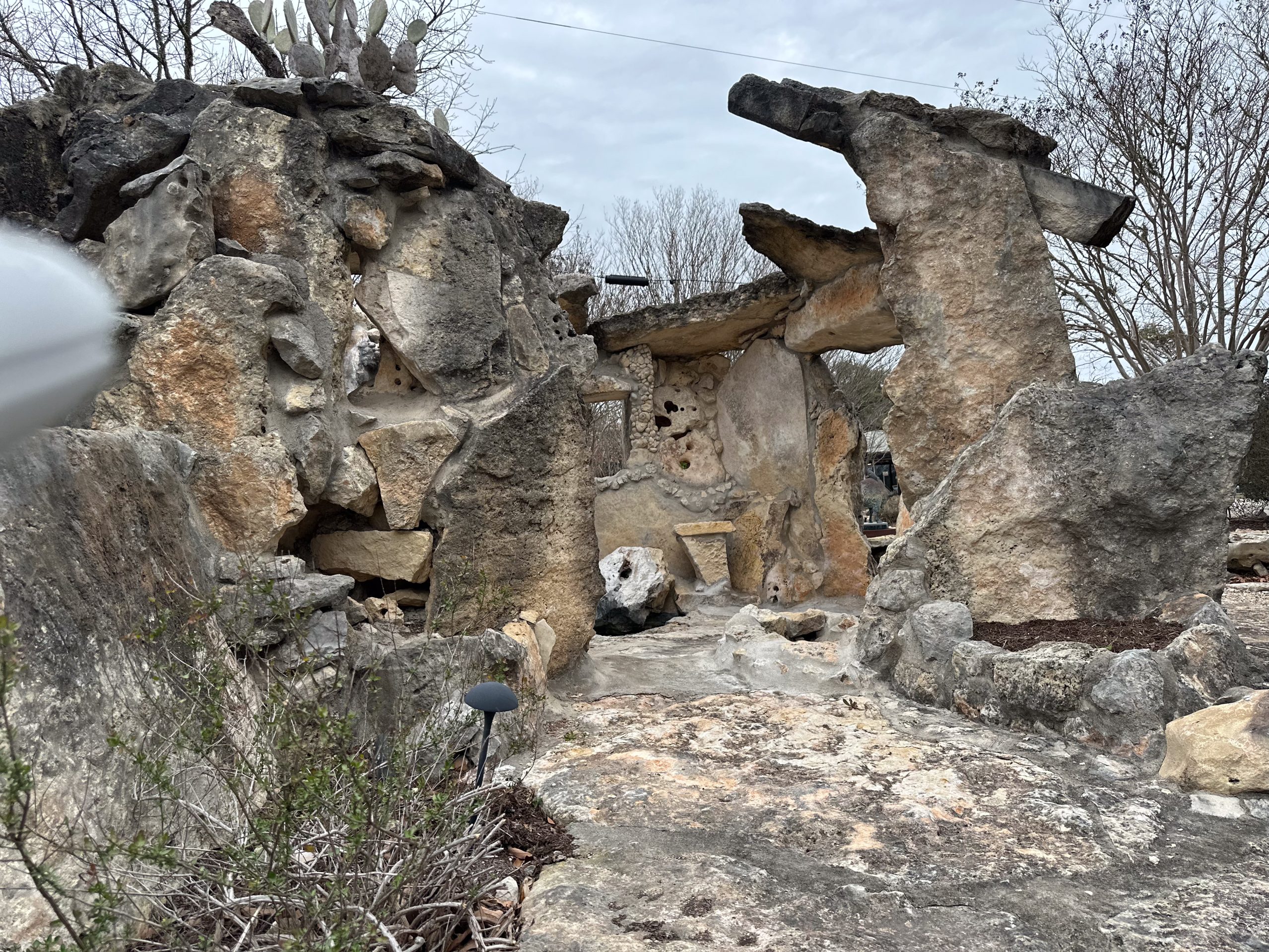
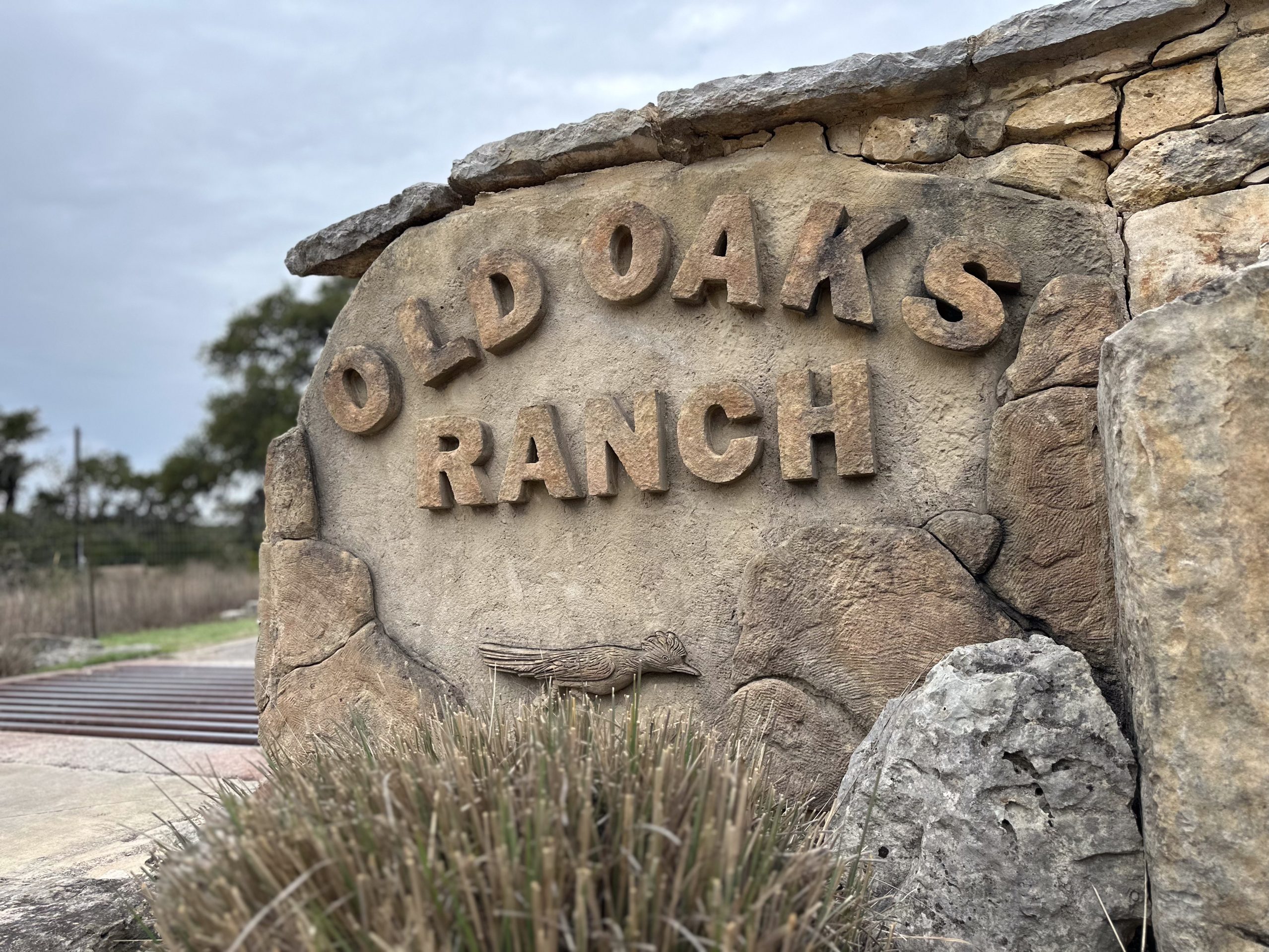


In this blog, we’ll walk you through what happens during intake and assessment, why it matters, and how it helps ensure the best possible outcomes for long-term recovery.
Why Intake and Assessment Matter
Before any successful treatment can begin, it’s essential to gather comprehensive information about a person’s health, history, and needs. Intake and assessment allow addiction professionals to gain a clear picture of a client’s current condition and any underlying factors that contribute to their substance use.
This process is about more than paperwork. It’s a foundation for personalized care, ensuring the treatment plan addresses both addiction and any co-occurring mental health concerns.
Freedom Starts Here. Take Back Your Life Today.
Same-Day Admissions in Austin Available.
What Happens During the Intake Process?
Upon arrival at a rehab facility like Nova Recovery Center, clients meet with licensed counselors and medical staff to begin the intake process. This phase typically includes:
1. Initial Interview
A counselor or admissions specialist sits down with the client to conduct a detailed interview. This conversation helps build rapport and establishes a safe space to share personal information. Questions may cover:
Types of substances used
Duration and frequency of use
Past treatment history
Family background
Legal or employment concerns
Motivation for seeking treatment
This discussion helps set the tone for treatment and allows staff to understand the client’s expectations and concerns.
2. Medical Evaluation
A licensed healthcare professional will conduct a thorough medical assessment. This includes:
Checking vital signs (heart rate, blood pressure, temperature)
Reviewing current medications
Evaluating any physical symptoms related to withdrawal
Documenting medical history, surgeries, or chronic conditions
Conducting lab tests, if necessary (e.g., blood work, drug screening)
The medical exam ensures that any physical health issues are addressed right away and that the detox process, if required, is safe and monitored.
3. Mental Health Screening
Mental health plays a major role in both the development and treatment of substance use disorders. As such, part of intake involves a psychological evaluation. Clients may be asked about:
Mood, anxiety, or sleep issues
Trauma history or PTSD
Suicidal thoughts or self-harming behavior
Depression or manic symptoms
Prior diagnoses or therapy experiences
These assessments may use standardized tools such as the Beck Depression Inventory (BDI) or GAD-7 (for anxiety) to screen for potential co-occurring disorders.
Other Outpatient Drug and Alcohol Rehab Locations
Understanding Co-Occurring Disorders
One of the most important reasons for a thorough intake and assessment is to identify co-occurring mental health conditions, also known as dual diagnoses. These may include:
Anxiety
Depression
PTSD
Bipolar disorder
ADHD
Personality disorders
Treating only the substance use without addressing underlying mental health concerns can lead to poor treatment outcomes or relapse. That’s why intake professionals are trained to recognize signs of dual diagnoses early on and build them into the treatment plan.
At Nova Recovery Center, we believe in treating the whole person—mind, body, and spirit. Our licensed clinicians coordinate to ensure that therapy and psychiatric care are aligned with the client’s medical and emotional needs.
Family and Social History
Another important aspect of intake is evaluating a person’s support system and environment. Counselors may ask about:
Family dynamics and communication
History of substance use in the family
Social circle and peer influences
Living situation and safety
Employment and financial stress
This information helps determine what kind of support the client has—or lacks—outside of treatment. It also shapes the aftercare planning process later in the program.
Freedom Starts Here. Take Back Your Life Today.
Same-Day Admissions in Austin Available.
Determining the Level of Care
One of the primary goals of assessment is to place the client at the right level of care. Options may include:
Medical Detox – For those at risk of severe withdrawal
Inpatient Rehab – 24/7 residential treatment with structured therapy
Intensive Outpatient Programs (IOP) – Day or evening sessions while living at home or in sober housing
Outpatient Counseling – Weekly therapy for mild to moderate cases
Sober Living Support – For individuals transitioning from rehab back into the community
Each client is different. A young adult who’s never been to treatment may need a different approach than a middle-aged person with a history of relapse. Intake specialists use assessment data to tailor a plan that gives the individual the best chance at success.
Customized Treatment Planning
Once intake and assessments are complete, the treatment team uses all of the gathered data to build a personalized care plan. This plan may include:
Type and frequency of therapy sessions
Psychiatric care or medication management
Relapse prevention education
Family therapy
Holistic services like yoga or meditation
Nutritional guidance and fitness goals
The treatment plan is not static—it’s revised and adjusted as the client progresses through recovery.
Client-Centered Care Starts Here
At Nova Recovery Center, we believe that intake is the gateway to healing. It’s the first opportunity for clients to be heard, understood, and supported on their journey toward sobriety.
We understand that entering treatment can be intimidating. That’s why our intake process is designed to be:
Confidential and respectful
Thorough but not overwhelming
Supportive, not judgmental
Geared toward real solutions
From the moment someone steps through our doors, we want them to feel safe and hopeful.
What Should Clients Bring to Intake?
Preparing for intake can help things go more smoothly. Here’s a helpful checklist:
Valid photo ID and insurance card
List of current medications
Contact info for emergency and healthcare providers
Previous medical or psychiatric records (if available)
A willingness to be open and honest
Being transparent during intake helps the clinical team provide the most effective care possible.
The First Step Toward a New Life
The intake and assessment process is the critical first step on the path to lasting recovery. It allows treatment providers to understand the person behind the addiction and create a care plan that addresses their unique challenges and strengths.
At Nova Recovery Center, we don’t believe in cookie-cutter solutions. We believe in individualized treatment, compassionate care, and the power of a strong start. If you or a loved one is ready to take that first step, our licensed counselors are here 24/7 to help you begin a new direction.
Need Help Now?
Reach out to Nova Recovery Center today for a confidential intake assessment and begin your journey to recovery with support, compassion, and proven results.


